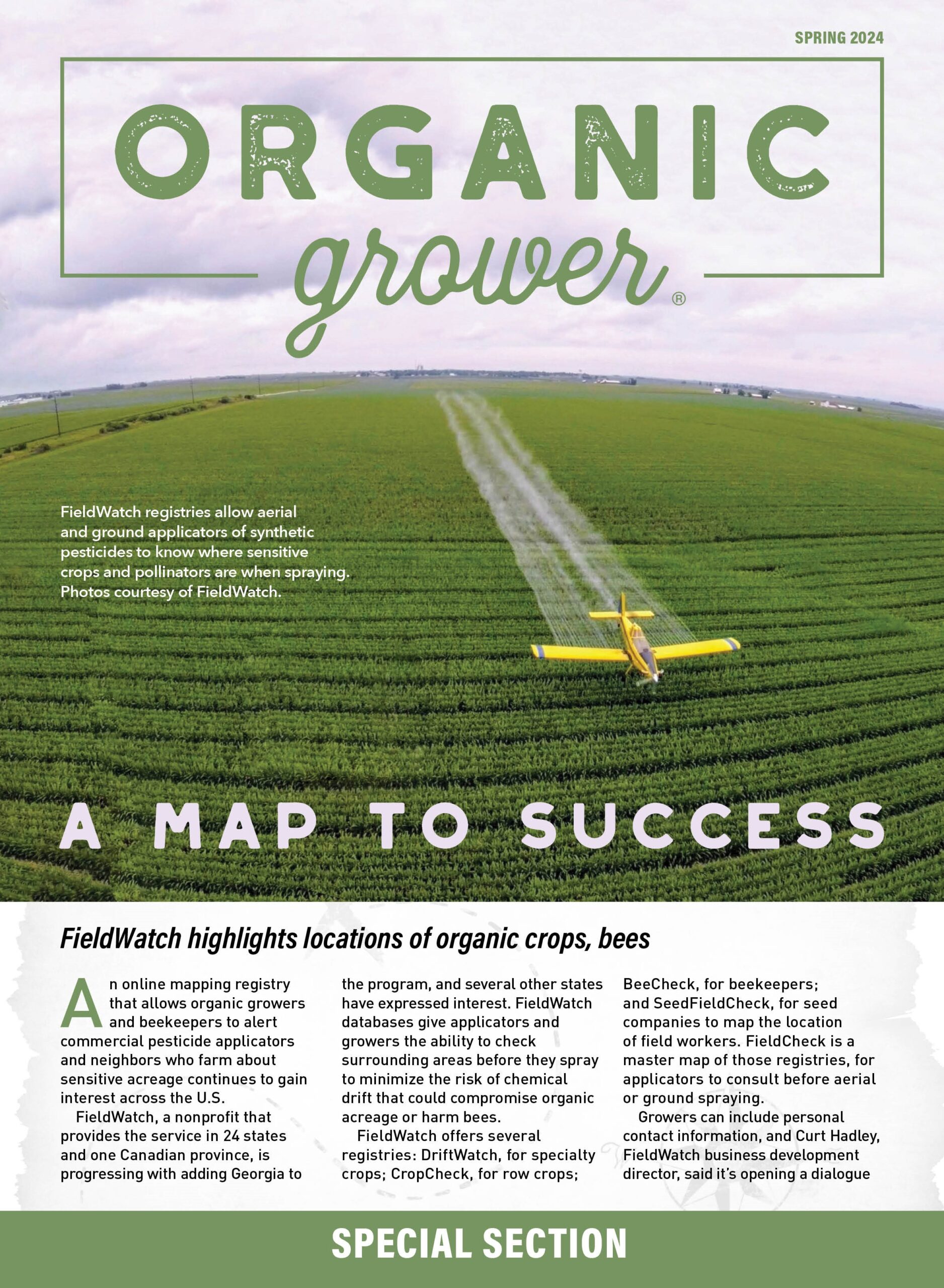Dec 7, 2022
Project aims to increase understanding of water use efficiency in sorghum
A new $16 million, five-year project aims to increase understanding of water use efficiency in sorghum.
Ivan Baxter, a member of the nonprofit research institution Donald Danforth Plant Science Center, is the Principal Investigator in the research, funded by the U.S. Department of Energy Biosystems Design to Enable Safe Production of Next-Generation Biofuels, Bioproducts and Biomaterials program.

The research team will work to identify obstacles affecting three major control points of water-limited production: enhanced acquisition of available water by roots; reduced water use through the pores plants use to exchange water and carbon dioxide; and improving photosynthetic carbon assimilation.
Bioenergy crops such as sorghum bicolor, a grass species cultivated for its grain, have seen yields increase through breeding and improved agronomy. However, the amount of biomass produced for a given amount of water has remained constant.
“To be economically viable and have environmental benefits, crops used for bioenergy production need to be grown where the supply of water is insufficient or too inconsistent to support the production of traditional food crops,” Baxter said.
The team will work with sorghum and a closely related model plant, Setaria viridis, which is smaller and faster-growing to enable rapid testing.
In both species, genetics, genomics and bioinformatics will be used to identify new genes that can affect the control points. Synthetic biology approaches will be developed to control when and where in the plant the genes are expressed, and modeling will help determine the best approaches. New plant transformation approaches will be used to accelerate evaluation cycles.
“Combining ‘design-build-test-learn’ cycles with parallel studies of model and crop species will enable rapid experimental iterations, leading to faster and substantial water use efficiency improvements in bioenergy feedstocks,” Baxter said.
Project collaborators are Jennifer Brophy and José Dinneny, Stanford University; Asaph Cousins, Washington State University; Andrew Leakey, University of Illinois, Champaign-Urbana; Albert Kausch, University of Rhode Island; Todd Mockler, Danforth Center; Sue Rhee, Carnegie Institution for Science; and Dan Voytas, University of Minnesota.






